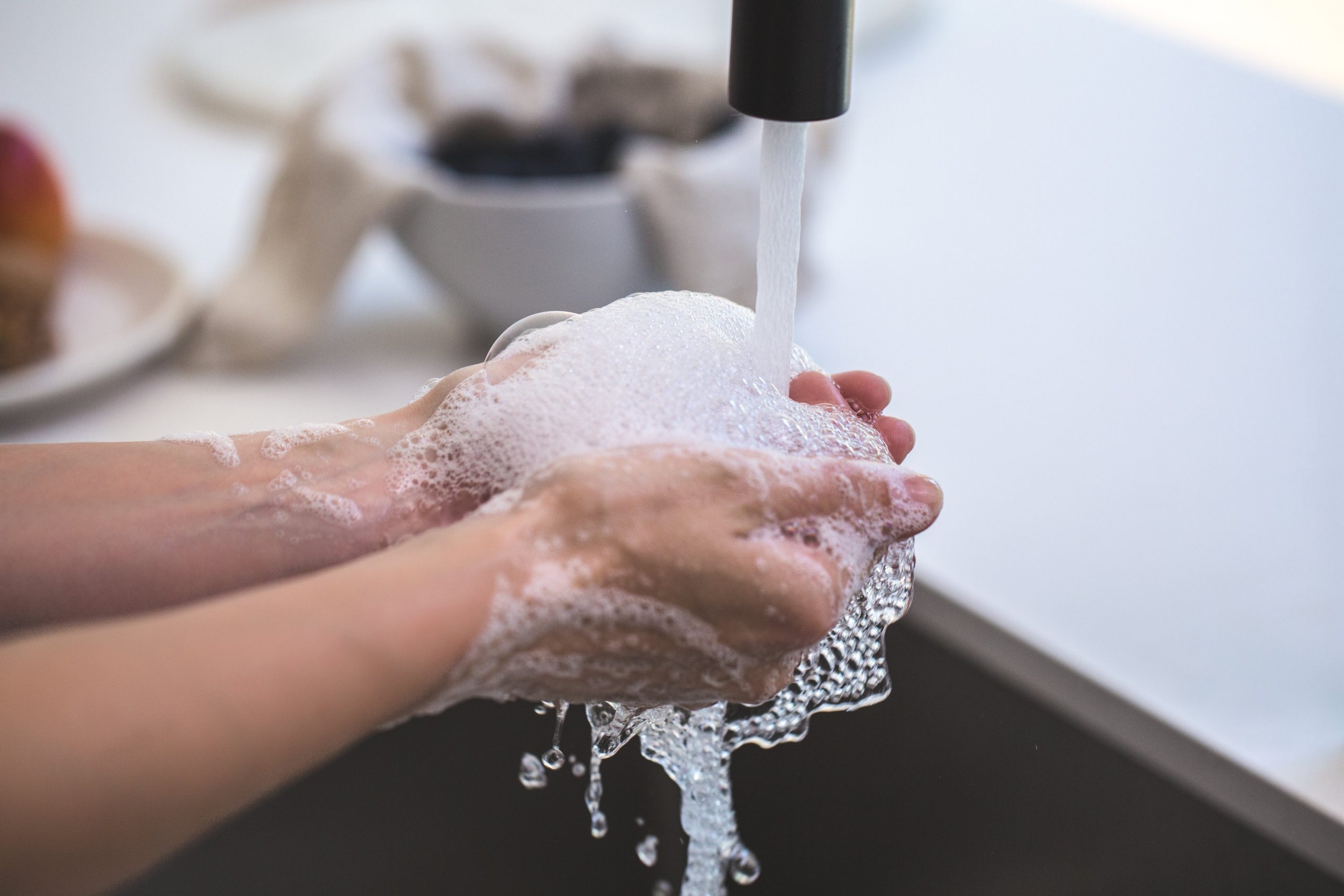The Government, the HSE and the media have reminded us that worker safety is of paramount importance to employers.
Four months after the main lockdown the HSE has finally published proper guidance on Covid 19 risk assessments. Better late than never I suppose. However, it is after a lot of sector specific Government safe working guidance has already been circulated together with what Trade Bodies and Professional Associations have provided for their members. Therefore, I’m not sure that the HSE’s procrastination is an adequate defence if you get your own risk assessment wrong, or fail to produce one in time.
Nevertheless, there are a number of things highlighted in this guide, which can be accessed at http://www.hse.gov.uk/coronavirus/assets/docs/risk-assessment.pdf that are worth mentioning.
Hand washing. Something that science confirms is hugely important and should be enforced at every opportunity in the workplace.
Consulting the workforce. Many employers before the pandemic may have paid lip service to this requirement. But with their workers probably even more concerned than their employers, consultation has become important, and employees are taking it seriously.
Remote working. Something we have all become used to, and may well become a permanent part of the working landscape. Working from home is still necessary and using online meetings is seen as an effective way of holding meetings, avoiding too many people in the same place.
Social distancing. Whether it is a full 2 metres, or something less, this is a term that did not even exist at the start of this year. Now it is a cornerstone of every workplace risk assessment.
Ventilation. Probably one of the most important measures after social distancing. The science is reinforcing how important this can be. And how at times it may conflict with things like fire safety. Should you open or close fire doors?
Musculoskeletal disorders. Employers need to be aware of the increasing risk of musculoskeletal disorders arising from lengthy DSE use at home. The HSE maintains that ‘there is no increased risk for people working at home temporarily’ but this pandemic is now seriously questioning our attitude towards what ‘temporarily’ really means
Well-being and mental health. Without regular social interaction, working remotely can become lonely, with unregulated working hours, lack of communication on what else is going on within the organisation, this can all create increasing anxiety which is detrimental to health. Equally, employees working in an environment where there is a heightened risk of infection is equally damaging.
Protecting the vulnerable. This has been a keystone of most employer’s, and indeed the Government’s, policy since the start. Some employees with medical conditions, from different ethnic backgrounds and different age groups are more or less vulnerable to infection. Recognising and protecting the most vulnerable is essential, as is individual consultations with those who feel they need to be protected.
Outside work. Almost for the first time, employers have been responsible for at least considering how their employees travel to work. Employees also are beginning to realise they have a responsibility to protect their colleagues by behaving responsibly outside the workplace.
The guidance is light on things like PPE, which, as we have said before, is very much the last line of defence in terms of mitigation if proper social distancing cannot be maintained. Indeed, Government advice still stresses very strongly that proper, medical grade PPE should not be used except in appropriate environments, so as not to deprive the appropriate services of essential supplies.
Facemasks are not recommended in general, though employers are urged to support workers who wish to wear them on a voluntary basis. And they are also urged to instruct them on their proper, safe usage.
We would recommend that all employers check their own COID-19 risk assessments against all of the factors that the HSE have stated should be included just to make sure that you have covered off all of the aspects the HSE identifies need to be considered.
In another publication by the HSE, they have reported that there have been over 8000 reports of occupational infection of Covid 19, resulting in 119 work related deaths.
While these at first seem shocking figures, 75% of these have happened in the health care and care home sectors. In other words, with those who work directly, and at close quarters, with those who may be affected.
The regulating bodies of the HSE and Local Authority Environmental Health Officers, EHO, are undertaking targeted COVID compliance spot checks after a spate of localised outbreaks making sure that employers are aware of the Safer Workplace guidance and advising where necessary on improvements needed to ensure the workplace is COVID secure.
Some of the most common issues that HSE and local authority inspectors are finding include: –
- failing to provide arrangements for monitoring, supervising and maintaining social distancing
- failing to introduce an adequate cleaning regime – particularly at busy times of the day
- failing to provide access to welfare facilities to allow employees to frequently wash their hands with warm water and soap
The HSE It warns that where some employers are not managing the risk, inspectors will provide specific advice, issue enforcement notices, stop certain work practices until they are made safe and, where businesses fail to comply, prosecute.
Our Consultants would be pleased to advise you on any element of the issues arising from this newsletter.


